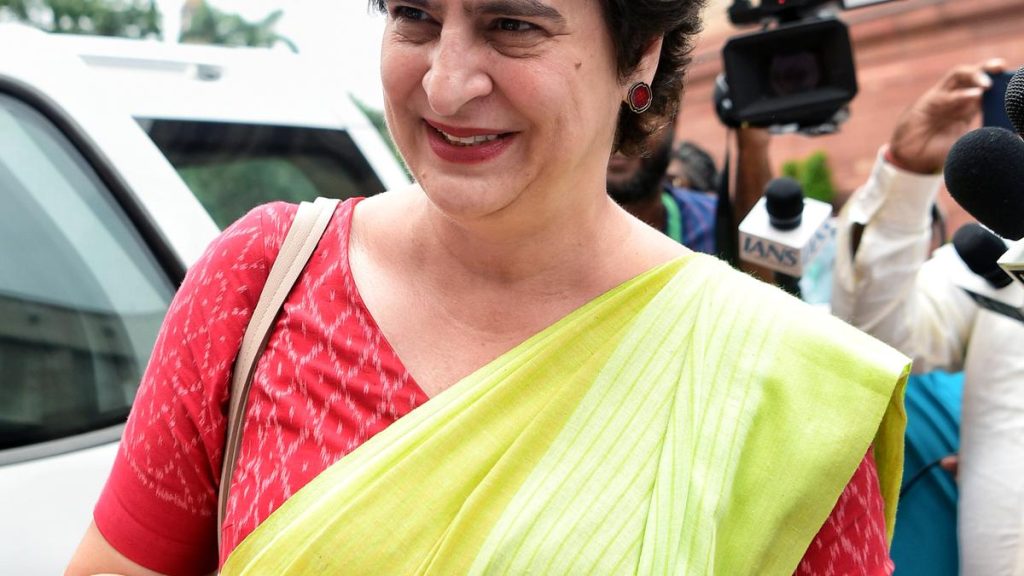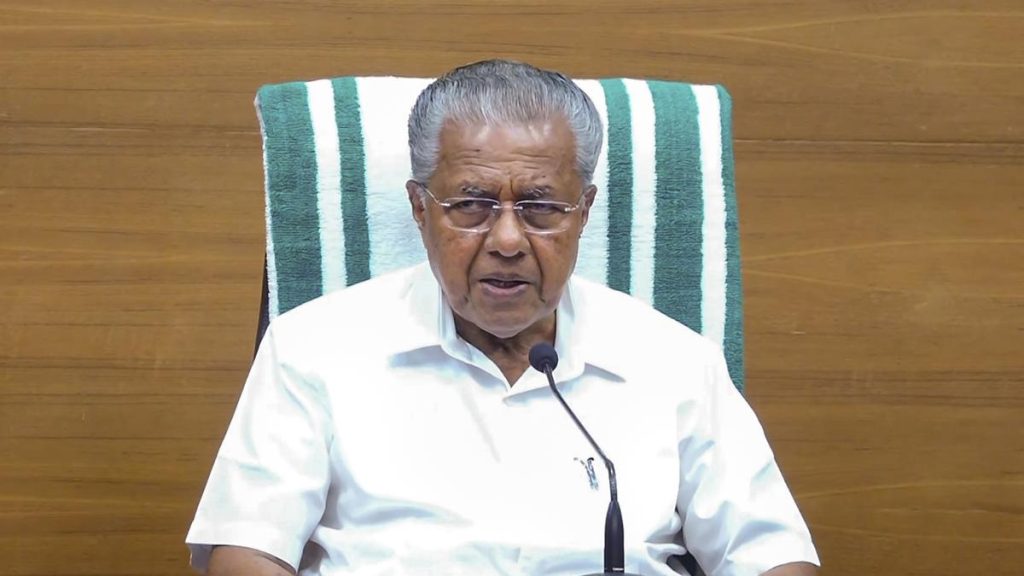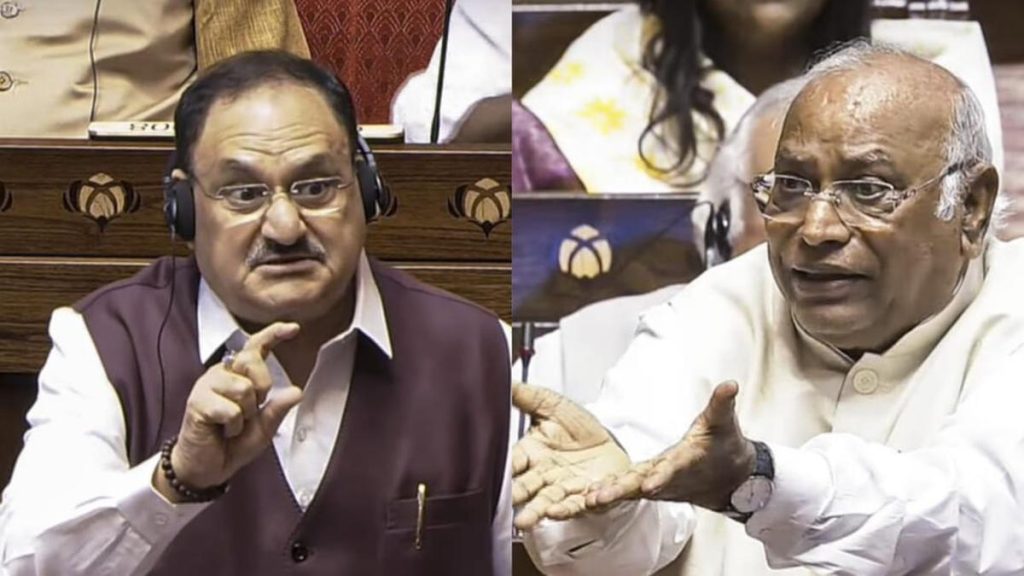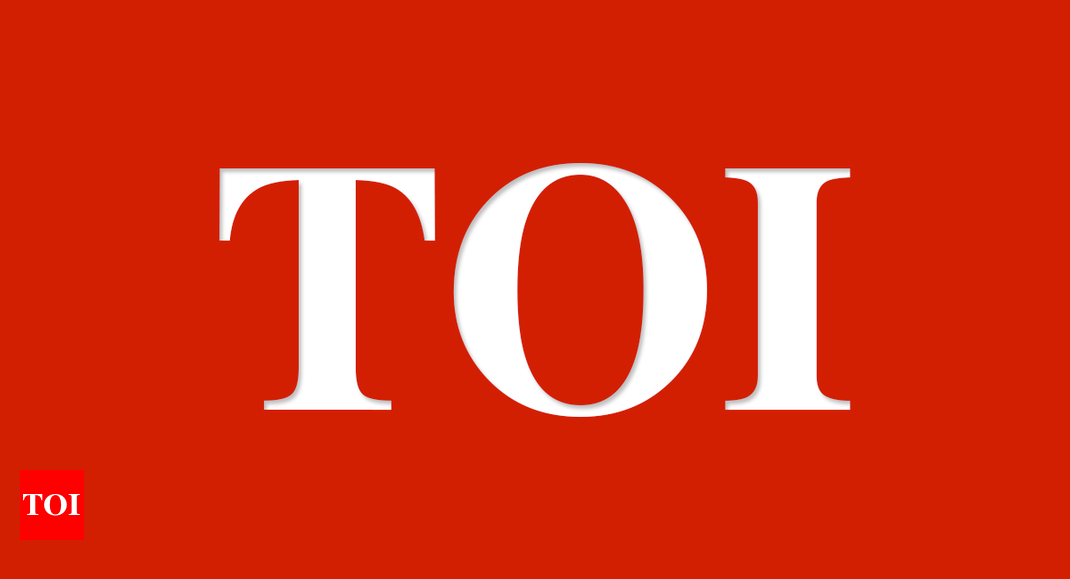Now Reading: Trump’s Tariff Rollout: Liberation or Economic Risk?
-
01
Trump’s Tariff Rollout: Liberation or Economic Risk?
Trump’s Tariff Rollout: Liberation or Economic Risk?
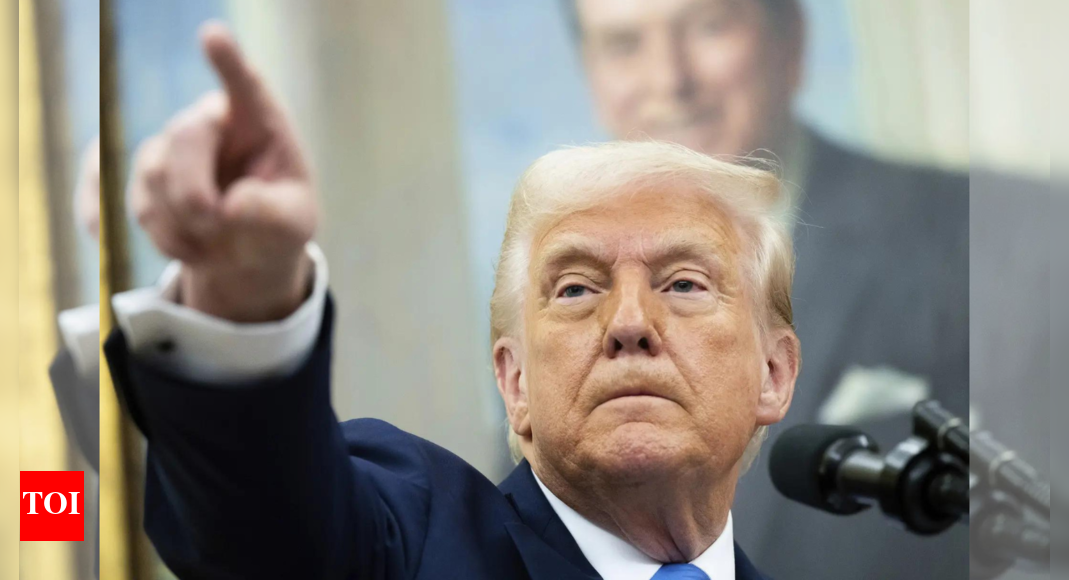
Fast summary:
- US President Donald Trump has announced a 20% tariff on all imports into the United States, effective immediatly after the rollout from the White House Rose Garden.
- This broad-range tariff aims to pressure countries into negotiating tailored bilateral trade agreements with Washington.
- India will be subject to the 20% tax with no preferential treatment initially, despite recent tariff reductions it has offered. Sensitive sectors like agriculture and dairy are key concerns for India amid these negotiations.
- Israel is exempt from these tariffs due to its removal of all tariffs on US imports, cementing closer ties with Washington.
- Other nations have varied responses: India, Japan, and Vietnam seek non-confrontational resolution through negotiations; China, Europe, Mexico+Canada favor counter measures.
- Critics-including former US officials-warn against significant economic damage domestically in america and globally.
- Twelve major Indian companies across sectors like auto (Tata Motors), pharma (Sun Pharma), IT/electronics (Infosys), etc., may face severe challenges under this policy.
Indian Opinion Analysis:
The imposition of blanket 20% tariffs by the United States presents ample challenges for global trade dynamics, especially for export-driven economies like India’s. The lack of immediate exemptions or adjustments adds urgency for India to negotiate effectively while safeguarding key domestic industries such as agriculture and dairy – vital both economically and socially due to their role in employment.
Given India’s reliance on exports across diverse sectors including IT services, pharmaceuticals, textiles, petrochemicals, and automotive manufacturing-notably represented by the twelve businesses mentioned-the pressure is highly likely to cascade beyond direct industry impact onto broader economic stability. While adopting a negotiation-based approach appears pragmatic amidst geopolitical sensitivities surrounding retaliation measures seen elsewhere (e.g., China-Europe), domestic struggles arising from higher costs should not be discounted.
The policy also highlights emerging global asymmetries as Israel’s exemption demonstrates its unique diplomatic clout vis-a-vis other impacted countries. As India’s challenge lies in balancing resilience against U.S.-led restructuring ambitions among multilateral pressures simultaneously managing strain locally regionally strategic planning/custom balance-potential further optimises shifts stemming freshly combined diplomatic-economic move coordinating/regulated increments response while avoiding harm Jobs/diplomatic erosion national-level vulnerabilities critical pivotalaxes actionable prepares structural metric reformsforward tho keeping alive flexibles-tested zones stablecounter-responsive strategiesproportionate long horizon through-time/immediate-alignments trims(inclusively bonded packages partnerships tactical short/medium/ durable preparedness redress trailinks)# amplifiescounterbalancing achieve Ascensions



